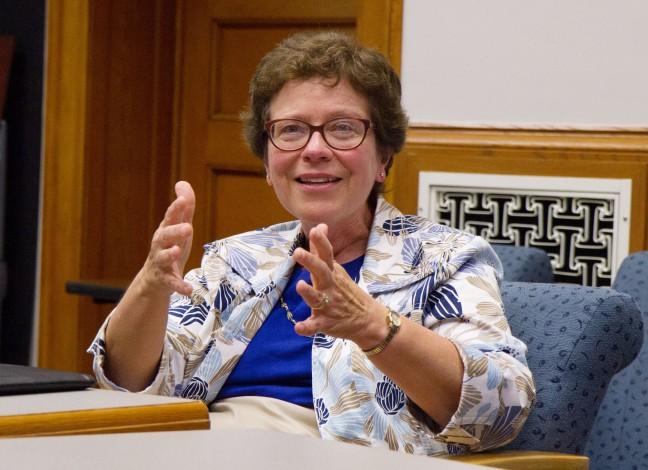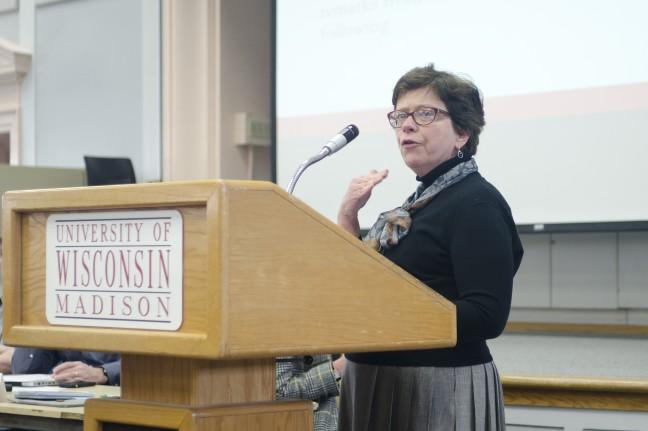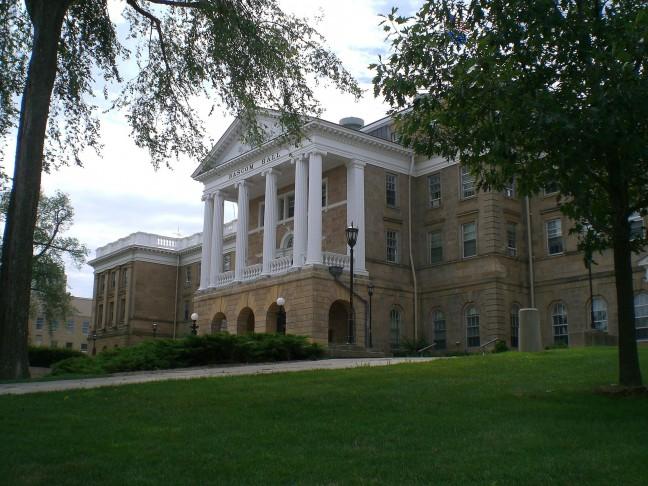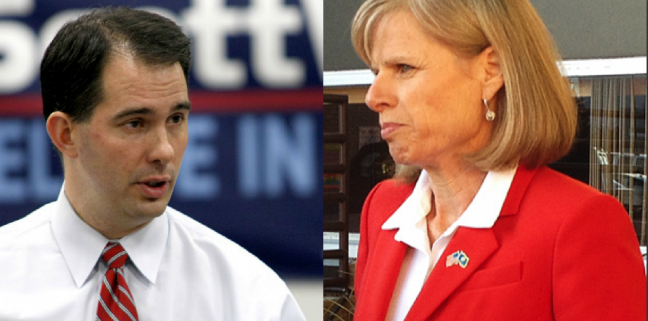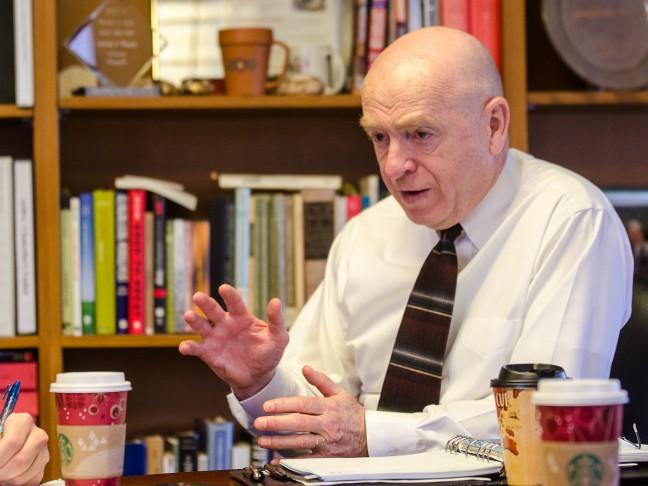MADISON, Wis. (AP) – The University of Wisconsin’s flagship Madison campus would receive more flexibility in how it operates but will remain part of the university system under changes expected to be approved by the Legislature’s budget committee Friday.
Republicans have said for weeks they did not intend to go along with GOP Gov. Scott Walker’s proposal to break Madison off from the 13-campus system. The co-chairs of the Joint Finance Committee confirmed Friday that Madison would remain in the system, but it and all the campuses would have more flexibility in how they spend state money and make decisions related to personnel and other areas.
The organization and funding of the university system was one of the largest issues remaining for the committee working on the next budget. It planned to complete its work Friday, and the Legislature is expected to debate the two-year spending plan later in the month. Along with legislative approval, the budget needs Walker’s signature to take effect.
The budget committee planned to accept Walker’s proposal to cut funding to the entire university system by $250 million. But instead of Madison taking a $125 million cut, its share would be reduced to $94 million over two years. The cut amounts to about an 11 percent reduction in state funding for all the campuses.
UW-Madison Chancellor Biddy Martin was diplomatic about the partial defeat.
“One never imagines you will ever get everything you want in the first try,” Martin said as she and university leaders read details of the deal to be voted on later Friday.
Martin, who was at the Capitol, praised other parts of the deal reached with Republicans who control the budget committee and the Legislature, calling it a “very good and very important first step.”
Martin had advocated strongly for Walker’s plan, saying the Madison campus needed more freedom to operate efficiently. But the proposal drew opposition from state lawmakers, some faculty and others on the Madison campus, and other leaders in the system, including UW President Kevin Reilly, who argued that the same freedoms Madison sought should be given to all the campuses.
That argument carried the day with Republicans in control of the Legislature. Rep. Robin Vos, co-chair of the budget committee, said lawmakers weren’t interested in only giving the Madison campus the independence it sought. The committee also planned to call for a study to look into the issue, he said.
The plan to be approved by the committee would not change how tuition is set nor would it give Madison a governing board separate from the Board of Regents that currently oversees the entire system.
Martin said debate over the plan marked a shift in the discussion about how the university is funded and operates.
“I think what we’ve done is build a platform for future advocacy for the university,” she said.
The budget committee also planned to do away with a 2009 law that allowed children of illegal immigrants to pay in-state at public colleges and universities. Advocates for the law packed the hearing room for two days, and several of them caused disruptions that led to their removal on Thursday. A Milwaukee immigrant rights group put out a call Friday to increase resistance to the budget, and within the first hour of the meeting, 21 protesters were removed for standing up and speaking against various parts of it.


